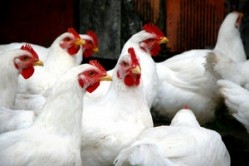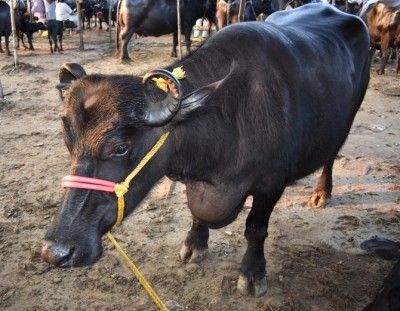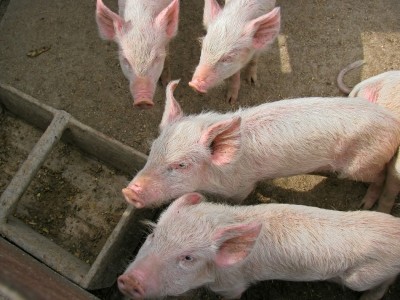'Feed enzyme trend is about striking a balance between specificity and broad application' - BRI

BRI CEO, Dr Giles Shih, told FeedNavigator today:
“Xylanases were first developed and used in wheat based feed rations in Europe so they have not traditionally been employed in formulations based on other grains.
But the trend in the enzyme industry is increasingly about showing that your products work across a broad range of animal diets, rather than limiting an enzyme to one grain – essentially it is about striking a balance between specificity and broad application.
We are not the first feed enzyme producer to show efficacy of a xylanase in corn-soy diets but for us it was important to demonstrate the flexibility of our enzyme in a variety of feed formulations given the markets we are present in or chasing.
We have recently been focusing on south Asian markets, and we are planning expansion into Central and South America, so we wanted to be able to show that Xylamax is effective in corn and soy diets, which tend to dominate in the poultry sector in those regions.”
Study details
Shih said BRI had already collaborated with researchers at Texas A&M university on a study looking at the effectiveness of that enzyme in wheat based poultry diets. “Subsequent to that we decided to work with the same team to evaluate its effect on growth performance and ileal digestible energy in a corn-soy and distiller’s dried grains with solubles (DDGS) formulation during a 42-day broiler pen trial.”
The study, says BRI, shows Xylamax can be pelleted at 85 degrees Celsius, making it a thermostable enzyme and the birds fed diets supplemented with that additive weighed 72g heavier than the control at 42 days, with a 4 points feed conversion ratio (FCR) improvement. The broilers fed that enzyme also utilized 6% more energy (180 kcal/kg) than the birds on the control diet.
Another study, carried out in conjunction with researchers at the Indian Council of Agricultural Research (ICAR), looked at the effect of supplementing Xylamax on the performance of broilers fed lower levels of metabolisable energy, under growing conditions typical for poultry in India.
The trial indicated that, over a 42-day trial period, commercial broilers on corn-soy diets supplemented with Xylamax had higher FCR and a hike of between 5 to 7% in BWG. They also used 130 kcal/kg more energy than birds on the control diet.
South Asian push
The results of the ICAR study have been disseminated to the poultry sector in India, a country where Shih says Xylamax was launched in Q4 2014 and is now in the initial testing phase with customers.
BRI teamed up with pharma and life sciences company, Jubilant, last year to market and distribute the enzyme and an associated testing kit to large and small scale poultry producers, feed integrators, and animal health and nutrition consultants in Pakistan, Sri Lanka, Nepal, Bangladesh and Bhutan as well as India. “The South Asian push is very much on track,” said the CEO.
The company announced a partnership deal with the multinational group, ilender, in December to gain access to the growing markets of Latin America. The agreement will see its enzyme products sold under private label. “Peru is our first priority and, then, potentially we will look at carrying out some trial work in the Mexican market,” said Shih.



![The addition of xylanase to wheat base diets decreased digesta viscosity and fermentation, increased nutrient digestion and digesta passage, and reduced the amount of nutrients available to the microflora: study [pic: (c) istock.com Sage78]](/var/wrbm_gb_food_pharma/storage/images/_aliases/wrbm_medium/1/1/9/3/1423911-1-eng-GB/Producer-makes-the-case-for-enzymes-in-shift-away-from-AGPs.jpg)








